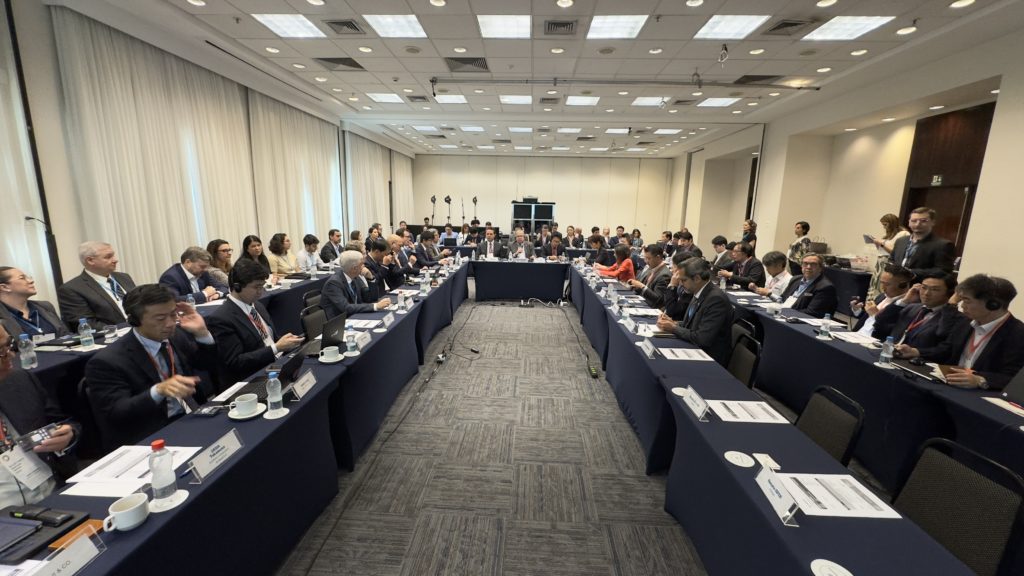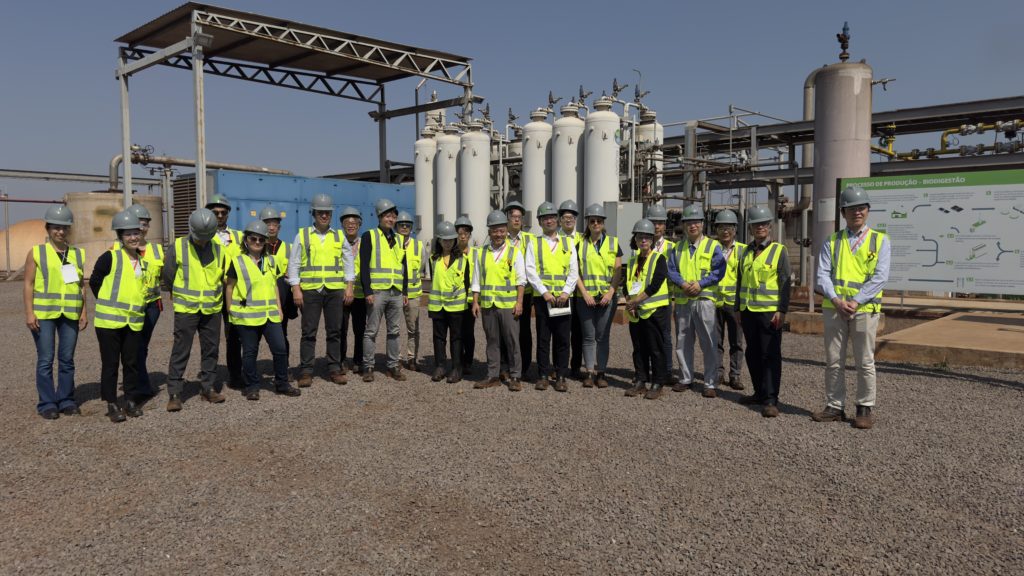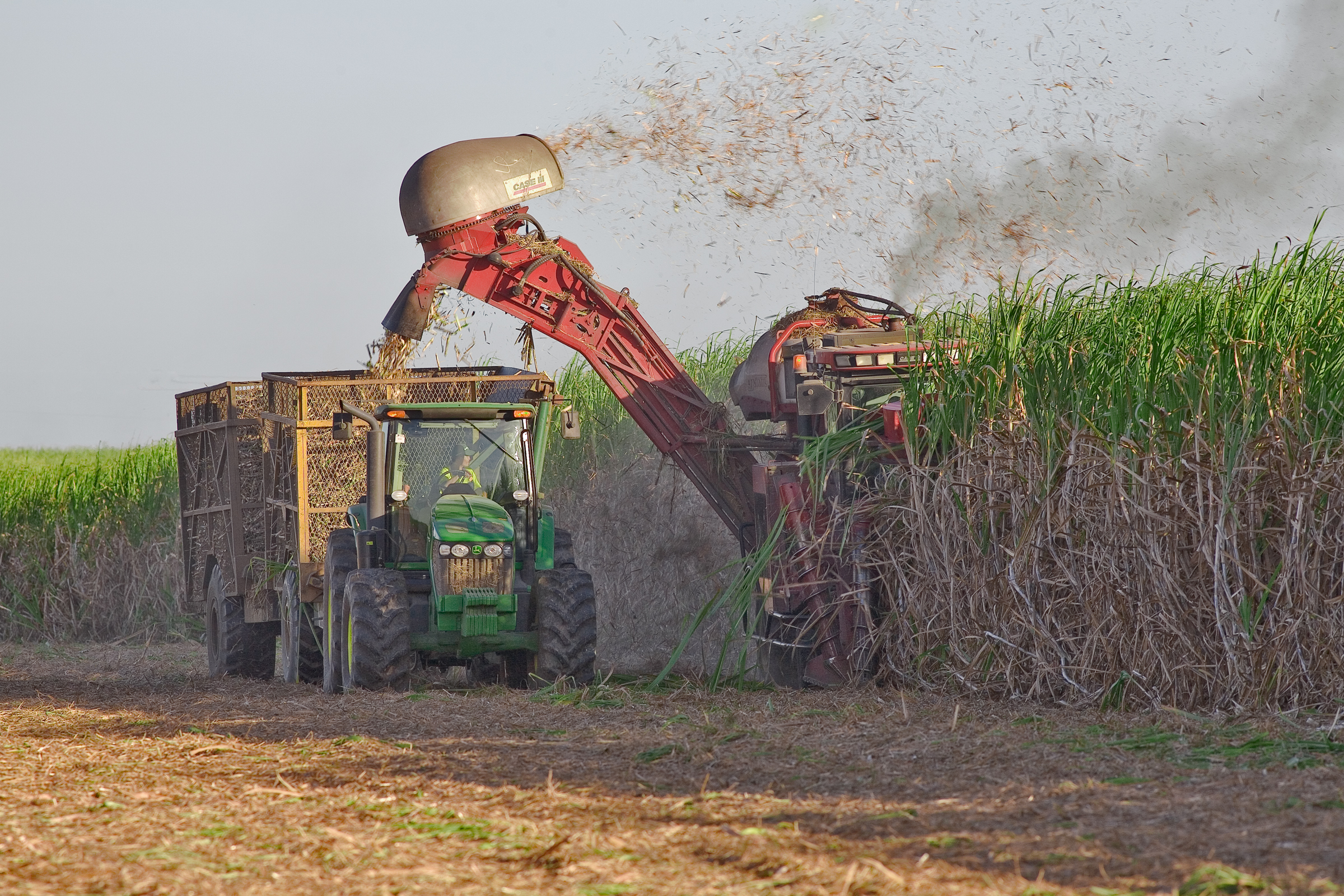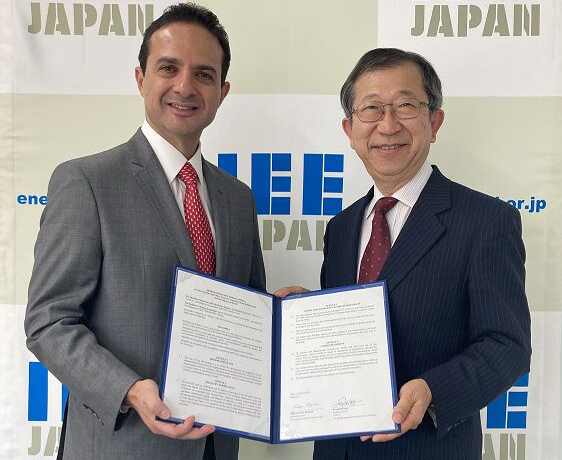The Japanese government has announced its intention to achieve a 10% ethanol blend in gasoline by 2030 as part of its broader strategy to reach net-zero carbon emissions by 2050. According to the Ministry of Economy, Trade and Industry (METI), this goal is a key component of Japan’s efforts to reduce greenhouse gas emissions and transition toward more sustainable energy sources. The 10% ethanol blend will help lower the carbon intensity of transportation fuels, reduce reliance on fossil fuels, and support the country’s commitment to climate goals.
Ethanol, a clean and renewable energy, can reduce CO2 emissions by up to 90% compared to gasoline, when used pure (E100). Moreover, blending ethanol helps to reduce dependence on fossil fuels, diversifying the energy mix and promoting energy security. Ethanol also reduces harmful tailpipe pollutants such as carbon monoxide and particulate matter. In the broader context of climate change mitigation, ethanol blending is a step toward decarbonizing the transportation sector while supporting the transition to more sustainable energy systems.
As part of its plan to increase the ethanol blend to 20% by 2040, the Japanese government has outlined an action plan to be finalized by next year. This plan focuses on supporting infrastructure improvements, ensuring that gas stations and logistics facilities are equipped to handle higher ethanol blends. METI also emphasized the critical role of biofuel imports in meeting these ambitious targets, recognizing that domestic production alone will not be sufficient to meet demand.
Japanese representatives visited Brazilian ethanol producers
In August, UNICA, in collaboration with the Brazilian and Japanese governments, hosted a week of workshops and site visits designed to foster the exchange of knowledge on policy trends and the business landscape of bioenergy production. The event aimed to facilitate the transfer of technology and share Brazil’s extensive experience—spanning over 40 years—in biofuel production, consumption, and distribution.

Throughout the week, in addition to workshops held in São Paulo and Brasília, Japanese representatives from both the public and private sectors visited ethanol plants. These site visits provided an opportunity to learn firsthand about the advanced technologies and sustainability practices driving Brazil’s bioenergy production. They could observe the mechanized harvesting of sugarcane, witness the transformation of the crop into ethanol, and explore how the sector efficiently repurposes by-products from the process to generate additional renewable energy sources, such as biogas, biomethane, and cellulosic ethanol. Besides, they also toured a corn-based ethanol production facility, learning more about the versatility of Brazil’s biofuel industry and its innovative approach to maximizing the sustainability of bioenergy production across different feedstocks.
Yoshihiko Omori, Director of Clean Energy at the Japan Energy Economics Institute (IEEJ), shared his impressions of Brazil’s impressive capacity for development and innovation in the energy sector, highlighting the strong interconnection between this sector and Brazilian agriculture. “Brazil has a sophisticated ethanol production system, with investment in energy efficiency and high raw material capacity.” Omori noted.
Tomoyoshi Hisamori, Counselor at the Embassy of Japan in Brazil, also underscored the importance of this exchange of knowledge, emphasizing that biofuels are a key component of Japan’s strategy to achieve its carbon neutrality goal by 2050. “Biofuels are one of the assets to advance in decarbonization, mainly in the transport sector. Ethanol, in addition to the solutions present, has drawn attention to the aviation sector, with sustainable aviation fuel (SAF). Strengthening this chain is important for the Brazil-Japan partnership.”




